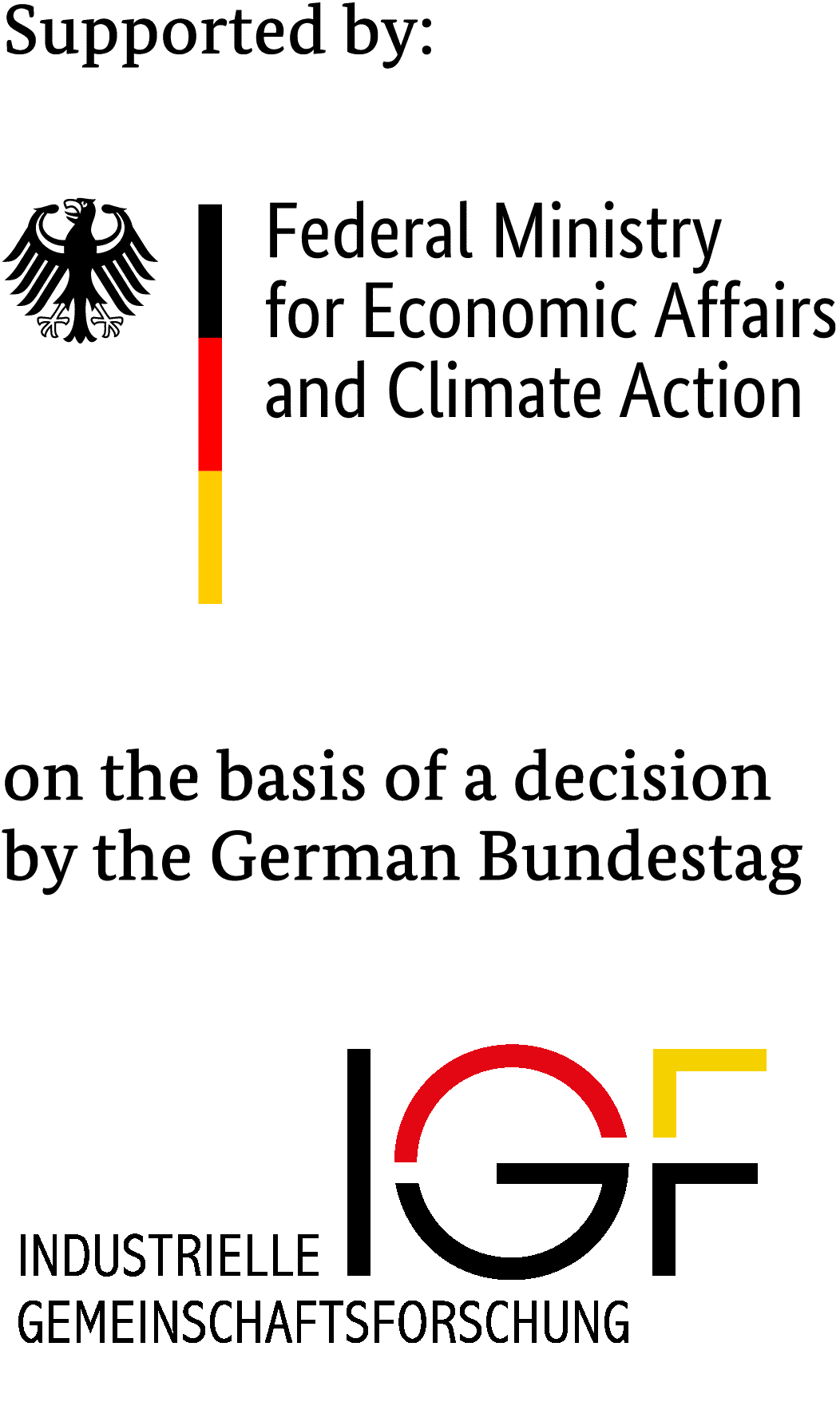The current activities in European standardisation aim to replace the empirically based specifications for ensuring the durability of reinforced concrete structures in the form of limit values for the concrete composition and information on the minimum concrete cover with a performance-based concept. The basis of such a concept is formed by prognosis models for the durability of the structures as well as test methods for determining the material characteristics in relation to the relevant impacts with regard to reinforcement corrosion (carbonation and chloride penetration). In this context, a classification of concretes into exposure resistance classes depending on the concrete composition or the test results in durability tests is foreseen. However, based on the current state of knowledge, this classification is not yet easily done.
The aim of the research project is to investigate the systematic classifiability of the carbonate and chloride penetration resistance of concretes. For this purpose, the changes in the material characteristics that result from variations in cement origin, cement batch, cement and water content, grain composition and aggregate type are recorded on the basis of experimental and statistical investigations.
Based on these results, recommendations for action for production and conformity control will be derived within the framework of a performance-based durability concept. The performance-based approach offers companies in the ready-mixed concrete and precast concrete industry technical and economic optimisation possibilities in the design of formulations. This also enables a further increase in the sustainable use of raw materials in concrete construction.

